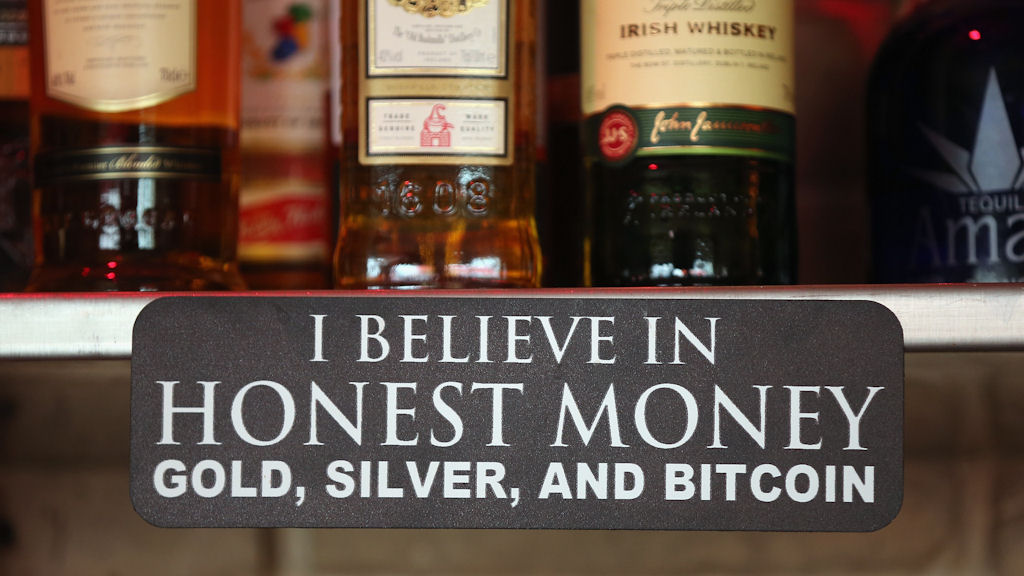Bitcoin, the Winklevoss twins, speculation and Spotify
Forget Facebook – the Winklevoss twins have amassed a major holding in the online currency Bitcoin. But is it a serious investment option – or the Napster of the finance industry?

At first, it was just geeks and hackers. Now you can buy a pizza or even a pint with it at a pub in Germany (see above), and the infamous Winklevoss twins – nemeses of Facebook’s Mark Zuckerberg – have amassed $11m of the stuff.
Bitcoin is an online currency dreamt up by a shady programmer known as Satoshi Nakamoto in 2009 – digital, de-centralised, and “mined” using data. Its fans say it offers a viable alternative to mainstream dollars, sterling and euros; its detractors say it is little more than a form of bartering, unprotected and risky.
Detractors had a field day on Thursday, when the currency suffered a “flash crash”, plummeting in value from $205 to around $120. The main Bitcoin exchange, Mt. Gox, was forced to suspend trading to allow the market to “cool down”.
But then the Winklevoss twins Cameron and Tyler came onto the scene. Brought to the world’s attention in the film The Social Network, the twins claim they were part of the team which came up with Facebook. Its founder Mark Zuckerberg disagrees – and the trio have a lawsuit, now settled to the tune of millions of dollars, to prove it.
The 31-year-old pair, also Olympic rowers, now run Winklevoss Capital and have invested their fortune in other online businesses such as Hukkster, a shopping website.
Big moment for Bitcoin?
They are the first high-profile figures to come out in support of Bitcoin, telling the New York Times on Thursday that they held around one per cent of all the Bitcoins in existence, worth around $11m. In a world of anonymous investors and small dealers, it was a big moment.
“People say it’s a Ponzi scheme, it’s a bubble,” said Cameron Winklevoss. “People really don’t want to take it seriously. At some point the narrative will shift to ‘virtual currencies are here to stay.’ We’re in the early days.”
But experts are not convinced that where the Winklevii go, the markets will follow.
Alistair Cotton at Currencies Direct, a foreign exchange dealer, told Channel 4 News: “From an investment point of view, it’s still fairly speculative.
“It’s mostly individuals investing, we are still a long way off serious investors or pension funds going anywhere near it.”
He said one of the key problems for Bitcoin, which others would say was a key strength, was its lack of a central authority. It’s also extremely volatile – the crash on Thursday was one example but the rise in value for Bitcoins was also meteoric, soaring from about $10 to hundreds almost overnight at the beginning of the year.
“Effectively, there is no army to back it up, enforce contracts and so forth. It’s still risky,” Mr Cotton said.
On the other hand, like the Winklevoss twins, Mr Cotton believes that virtual currencies are here to stay.
“The comparison for Bitcoin is Napster [the first music downloading site which effectively collapsed in 2002] when it first came on the scene. It’s a very disruptive technology… Digital currencies have a massive future, I’m certain of that, but whether it is Bitcoin that becomes Spotify, that’s the question. There will be other manifestations.”